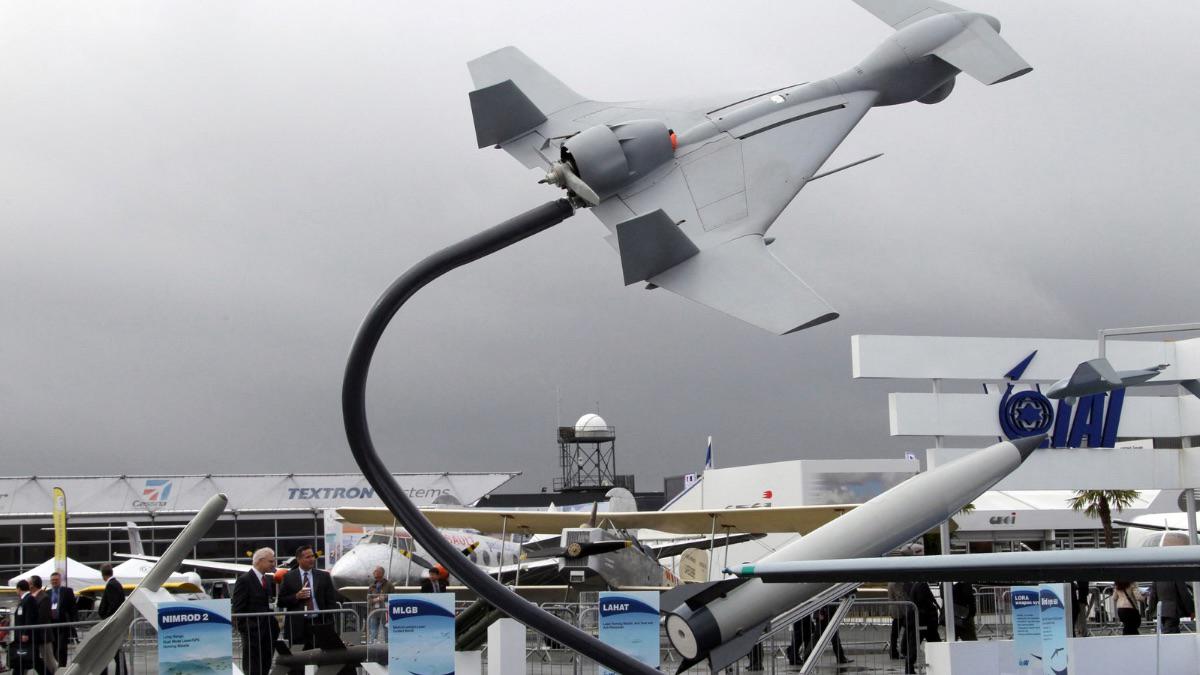The Israeli Ministry of Defense is set to issue a major tender for the procurement of 20,000 domestically produced drones, according to sources close to the matter. The tender, valued in the hundreds of millions of shekels, is anticipated to be announced within the coming weeks. The successful bidders will be tasked with delivering a range of drones—including assault, surveillance, and intelligence models—over a five-year period. This move marks a strategic pivot for the Israel Defense Forces (IDF), which has recently favored Chinese drones for their cost-effectiveness and immediate availability.
The shift towards Israeli-made drones addresses urgent operational needs, particularly in urban warfare scenarios encountered in Gaza. The IDF’s recent reliance on drones from Chinese companies DJI and Autel—both of which are blacklisted by the US Department of Defense—has raised concerns about national security and over-reliance on foreign technology. Chinese drones, though economically advantageous, pose potential risks due to their dual-use nature and vulnerabilities in contested environments, such as Israel’s northern front where Hezbollah has developed systems to counter these drones.
Israeli companies such as Dronix, Xtend, Robotican, Tehiru, Heven Drones, and CopterPIX are expected to participate in the tender. These firms will face the challenge of scaling up production to meet the IDF’s needs, which include meeting stringent price and performance requirements. For instance, the IDF’s price threshold of NIS 10,000-20,000 per drone poses a significant challenge, potentially excluding high-cost models from major defense contractors like Elbit Systems and Rafael.
The transition back to domestic drones also underscores Israel’s commitment to bolstering its local defense industry and reducing dependence on foreign suppliers. While the immediate delivery capabilities of Chinese drones have been advantageous, the long-term goal is to ensure a self-reliant and secure supply of advanced drone technology for the IDF.

